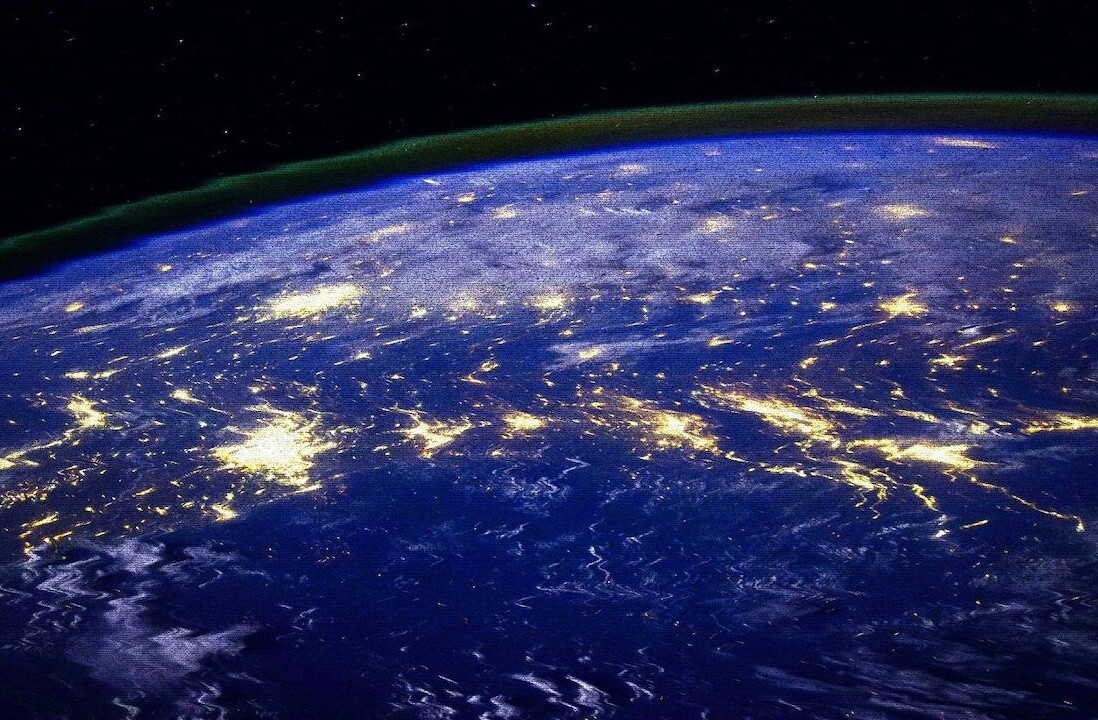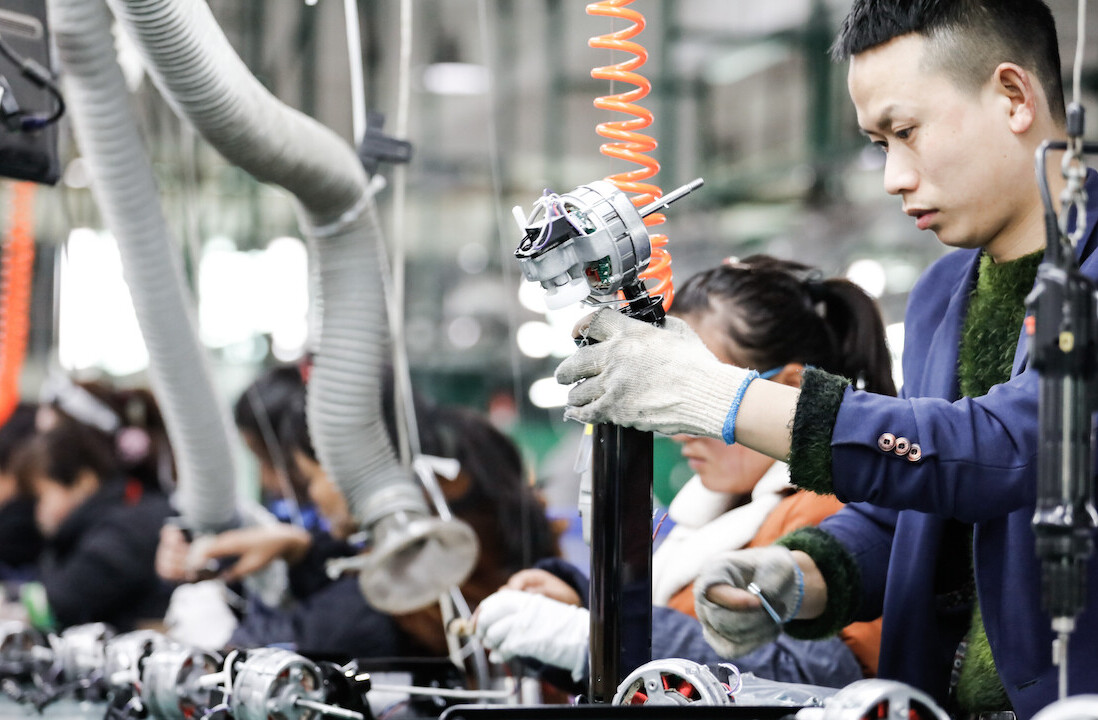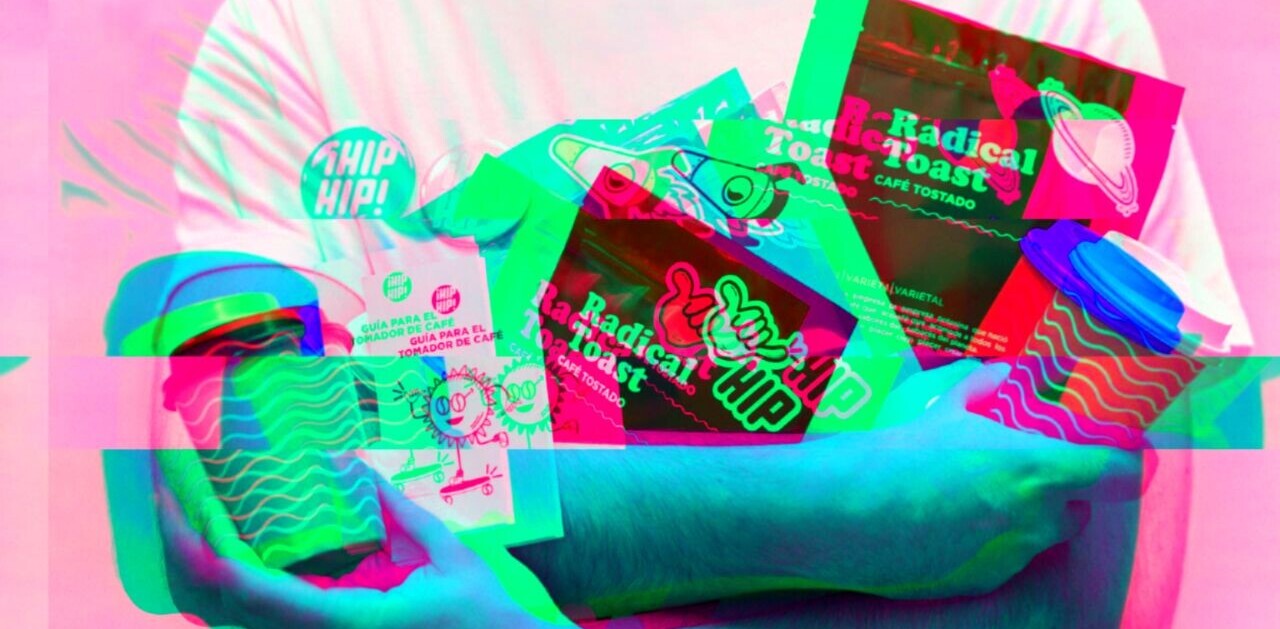
We were given some review samples of a new technology called ‘paper’ earlier this week. Paper is a natural material that can be produced in bulk, relatively cheap, and some people think it will replace e-readers such as the iPad and Kindle.
This week we read some articles and even a book using this innovative new material to find out if paper is really a viable technology and a possible replacement for electronic book readers, or e-readers.
The good news
Paper feels natural and looks good. Its texture is noticeably present and gives a comfortable feel. Text printed on paper is readable but text size is not adjustable. One clear difference between e-readers and paper is smell. Proponents of paper have touted that as a huge advantage over electronic readers. The magazine we tested actually smelled like chemicals but the books gave off a strange but comforting scent a bit like the smell of an old suitcase. Although the scent is currently not used to aid storytelling, it does give reading a paper book a weird and authentic feeling.
Paper doesn’t seem to need batteries as there is no backlight included. This also means you will need to supply your own lighting. No books or magazines we tested came with lighting included, and the official response we got was that there are no plans currently to change that. Although this can be an advantage (paper is lighter because no batteries or lamps are included) we do think manufacturers should warn about the need for external light fixtures in low light situations. In a way, it reminds us of the early days of computing where power adapters were sold separately, for good money, and weighed a ton.
No batteries also means that paper is slightly more durable. There is no risk of shortcutting your book or magazine but don’t think you can take your books into a bath or to the beach! Paper and water mix just as well as, well, e-readers and water. Adding water turns paper to pulp and renders your book unreadable.

The bad news
Current paper books offer no way of searching through them. What you get is basically a fixed and linear story without hyperlinks or the search box you are accustomed to. The books do allow you to flip through pages by holding your thumb on the side and bending the book. It is a great feature to impress people but not practical for daily use. The pages flip by too fast to read any text.
The books also have no included dictionary which means you will have to buy a separate one, in the form of another book – often at a higher price than the book you bought in the first place. We kept double-clicking words in the magazine hoping to find out their meaning. I guess over time you will get used to the fact that you really can’t look up words from within books and magazines, but it freaked us out.
To annotate books you need pencils or highlighters. So now instead of carrying one book you are carrying two, and a bunch of pens, just to do some basic reading. The whole concept seems outdated and inconvenient to us.
CRM for paper is currently simple. You can’t electronically transfer books or magazines so the idea is that you lend them to friends and hope you’ll get them back. I guess this is going to lead to less piracy but a whole lot of disappointed people who will be lending out books and never get them back. I’m not sure of the solution isn’t worse than the problem.
Conclusion
Paper is clearly a fad – nice to have and something to impress your friends with. Sure, it will sell to a selected group of early adopters who will talk enthusiastically about the smell of paper and the hefty feel. Our sources say that even Apple is rumored to be working on something called ‘iPaper’ that will be even better designed (and available in white!) which will clearly do well with Apple fans. Besides that we expect paper to be short-lived and we advise you to stick to e-readers until this technology becomes more advanced.
There is also the issue of the environment. Producing paper involves dangerous and polluting chemicals and although paper is recyclable there is clearly a disadvantage to using so much material to produce just one book.
The least we would expect before we could see this work would be an included dictionary, a built-in backlight and erasable paper. Until then, stick to your trusted iPad or Kindle.
Get the TNW newsletter
Get the most important tech news in your inbox each week.





